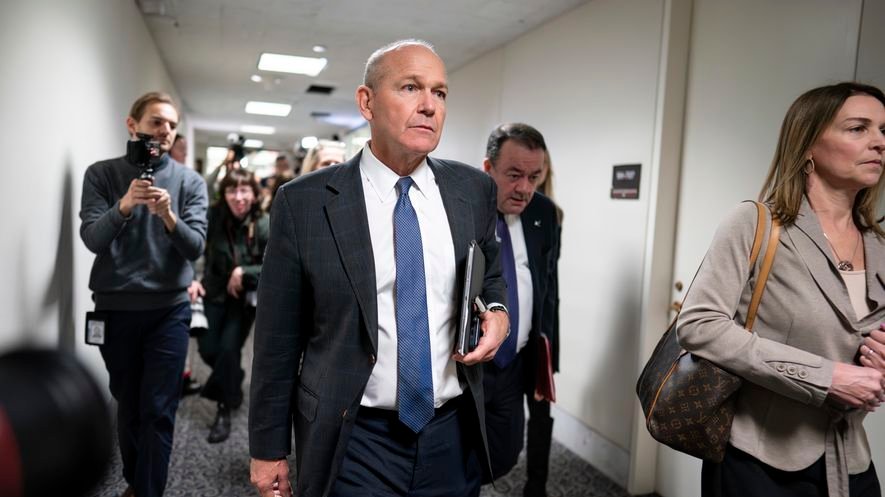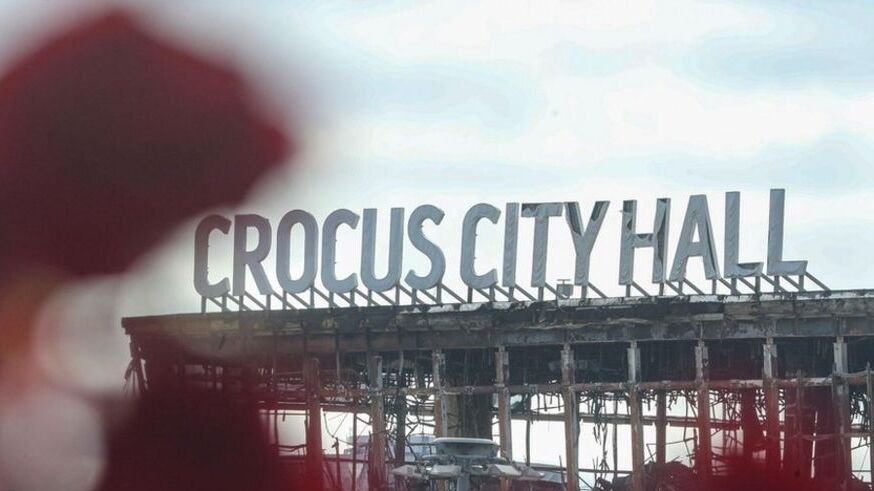CEO Dave Calhoun is set to step down at the end of 2024 as part of a sweeping restructuring at the troubled aerospace giant.
Boeing announced on Monday that Larry Kellner, the current chairman of the board, will not seek reelection at the company’s annual meeting in May. He will be succeeded by Steve Mollenkopf, a Boeing director since 2020 and former CEO of Qualcomm. Mollenkopf will spearhead the board’s efforts to appoint a new CEO, according to Boeing.
Meanwhile, Stan Deal, who served as president and CEO of Boeing’s commercial airplane unit, is departing the company with immediate effect. Taking over his responsibilities is Stephanie Pope, who recently assumed the role of Boeing’s chief operating officer after heading Boeing Global Services.
These changes come amidst mounting pressure from airlines and regulators for substantial reforms following a series of quality and manufacturing issues with Boeing aircraft. Scrutiny intensified following an incident on January 5th when a door plug malfunctioned on a nearly new Boeing 737 Max just minutes into an Alaska Airlines flight.
“The Alaska Airlines Flight 1282 accident marked a pivotal moment for Boeing,” remarked Calhoun in a memo to employees on Monday. “We must approach this incident with humility and unwavering transparency. It is imperative that we instill a culture of absolute commitment to safety and quality throughout our organization.”
Calhoun emphasized in an interview on Monday that his decision to resign was entirely voluntary.
“We are facing another significant challenge,” Calhoun stated. “We cannot shy away from the imperative for action. We must address the necessary changes within our manufacturing processes and allow the supply chain adequate time to catch up.”
Calhoun, who has been a board member at Boeing for over a decade, assumed the CEO position in January 2020 after the company ousted its previous chief executive, Dennis Muilenburg, due to his handling of the aftermath of two fatal 737 Max crashes.
For months, Calhoun has assured investors, airline clients, and the public that Boeing is committed to resolving its numerous quality issues. The Federal Aviation Administration (FAA) has ramped up its oversight of Boeing, with agency Administrator Mike Whitaker announcing after the Alaska Airlines incident that Boeing would be restricted from increasing 737 production until the FAA is satisfied with the company’s quality assurance measures.
Boeing’s production challenges have led to delays in delivering new aircraft to customers, hindering the company’s growth plans. CEOs of major Boeing customers, including United Airlines, Southwest Airlines, and American Airlines, have publicly expressed frustration over the delays.
Ryanair, Boeing’s biggest airline customer in Europe, welcomed the management changes in a statement on Monday.
“Stan Deal has been effective in sales for Boeing over the years, but he is not suited to address the operational issues in Seattle, where most of the recent problems have arisen,” commented Ryanair CEO Michael O’Leary in a video posted on the social media platform X.
Earlier this month, United CEO Scott Kirby urged Boeing to halt production of yet-to-be-certified Max 10 planes due to uncertainty regarding FAA approval.
Last week, airline CEOs began scheduling meetings with Boeing directors to voice their concerns over inadequate manufacturing controls and lower-than-expected 737 Max production. These meetings were expected to involve Kellner and other board members.
Boeing’s Chief Financial Officer, Brian West, acknowledged at an industry conference last week that the company would burn more cash than anticipated due to limited 737 Max production.
Following Boeing’s announcements, the company’s stock rose over 1% in afternoon trading on Monday, though shares remain down 26% year-to-date.




